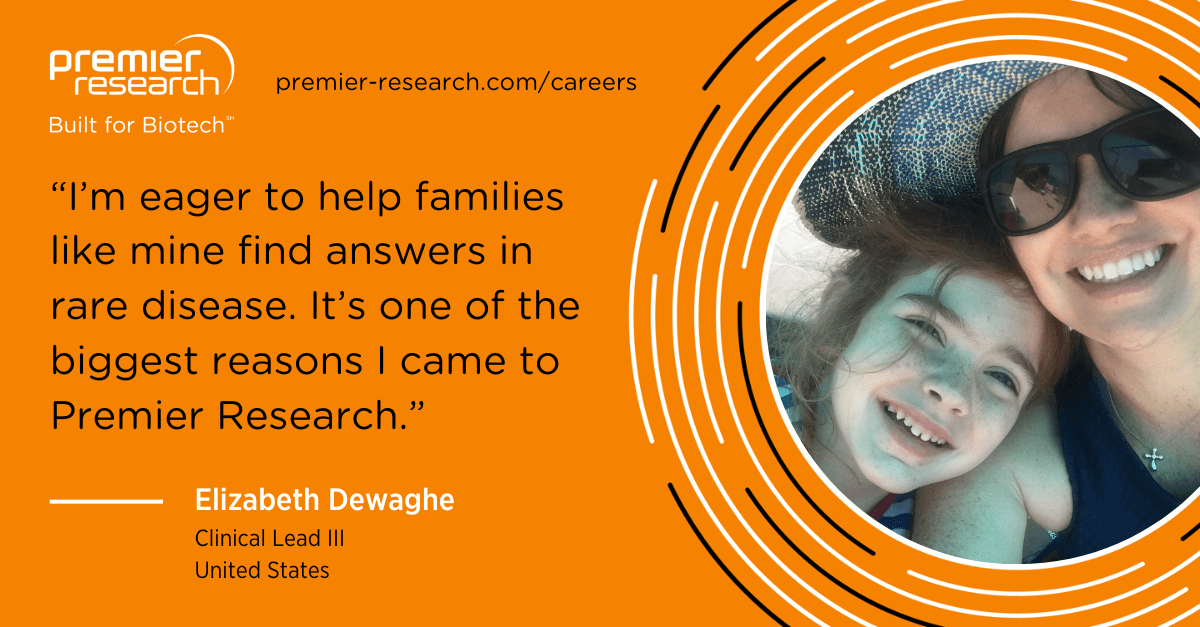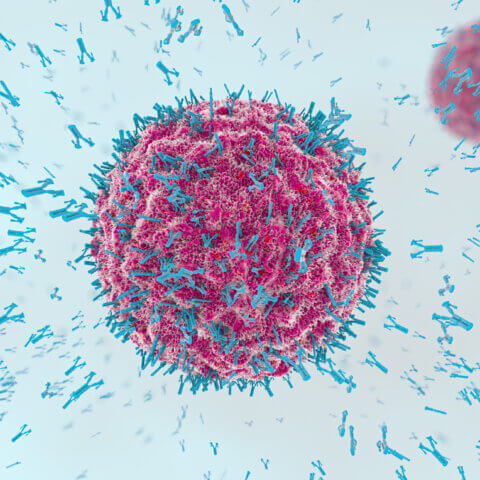Last Updated: January 12, 2024, 9 am UTC

Premier Cultural Anchor: We Aim High
I’ve been working in clinical research for over 20 years. I entered the industry right after college, and the work has always been interesting and meaningful. I knew I was helping people, and that meant something. But eleven years ago, when I had my daughter Zoe, the work took on a whole new meaning.
Early on, Zoe showed signs of delayed development. She experienced frequent ear infections, was slow to speak, and had some serious sensory issues. I could tell that something was off. At first, the doctors we saw said it was nothing to worry about—that the milestone delays were no big deal, or that Zoe was just “being difficult.” I learned quickly just how much I needed to advocate for greater examination.
We saw several doctors and specialists and eventually found a pediatrician who took us seriously. Our conversation led to a series of tests and a visit with a pediatric geneticist, who discovered that Zoe had Mucopolysaccharidosis type IIIA (MPS IIIA), or Sanfilippo syndrome type A, a rare neurodegenerative lysosomal storage disorder that disrupts normal organ function.
We’d been battling these challenges for roughly two years, and, finally, we had an answer. It was a relief.
But the relief was short-lived as we learned that this rare disease has no approved treatments and is the focus of very limited ongoing study.
With my clinical research background, I understood where to turn for support and how to potentially gain access to investigational treatments. I quickly sought connections with advocacy groups. I joined waitlists for clinical studies. I pushed—and continue to push—doctors to take our concerns seriously. I’ve done a lot of research. Having a child with a rare disease is almost like having a second job.
While we’re seven years into this journey and no closer to having treatment options, we’re making the best of it.
Before all this, I didn’t think much of the types of studies I was supporting at work. I wasn’t drawn to any disease area in particular. But given my experience, rare disease research has become much more of a passion for me. I’m eager to help families like mine find answers in rare disease. It’s one of the biggest reasons I came to Premier Research.
Premier has a significant focus in rare diseases, and I’ve had the opportunity to work on a number of studies in the space. As we are a mid-size CRO, I feel like I can make a bigger impact, and I focus on driving efficiency. The more efficient we can be when conducting research, the greater the likelihood of patients getting the care they need, when they need it. And with my personal story to lean on, I can provide valuable perspective to sites, sponsors, and my teammates.
If you are interested in working for a company where support and connection is a priority, Premier Research could be a great fit. See open positions here.

 Webinar
Webinar 


 Perspectives Blog
Perspectives Blog 